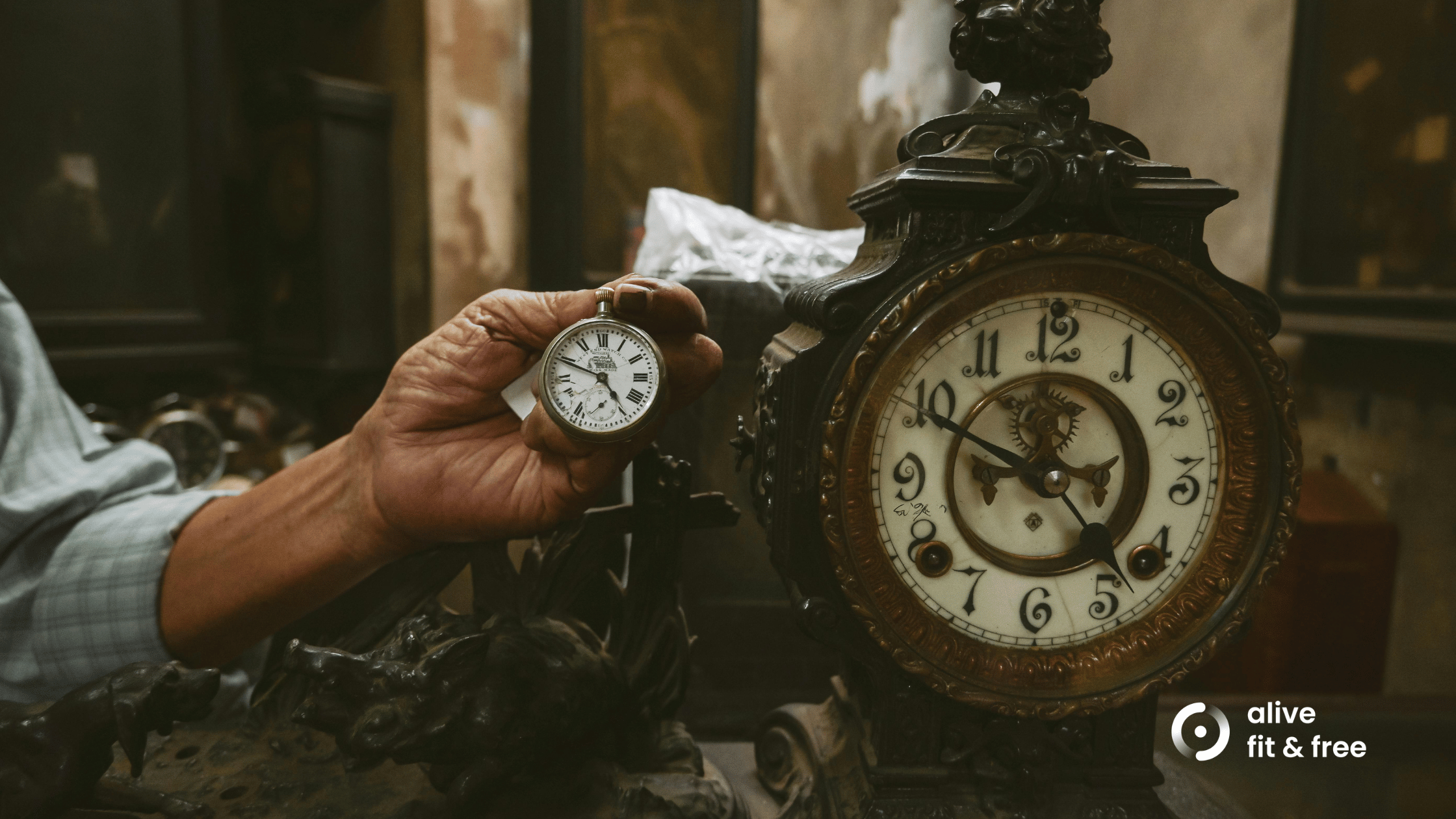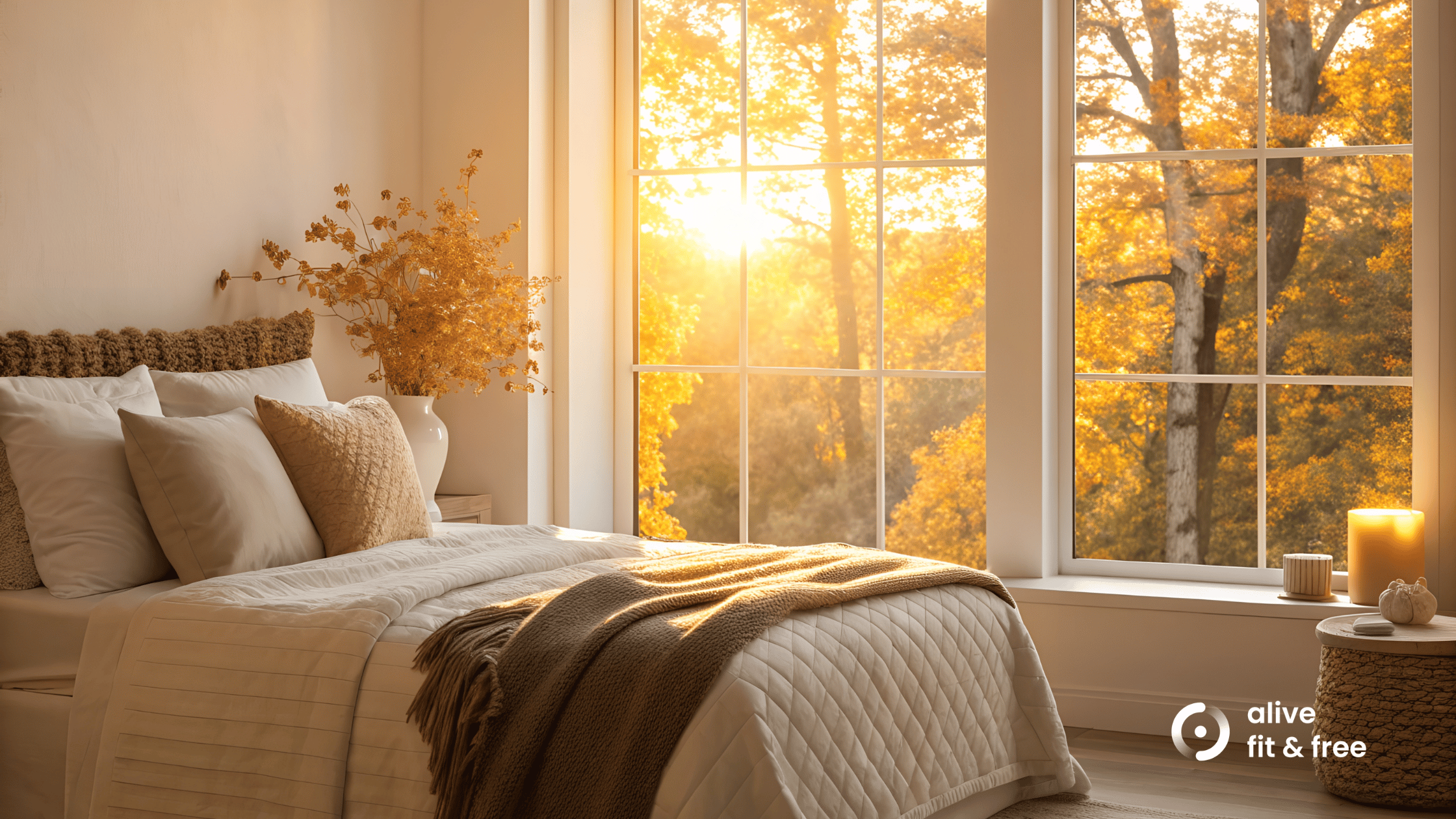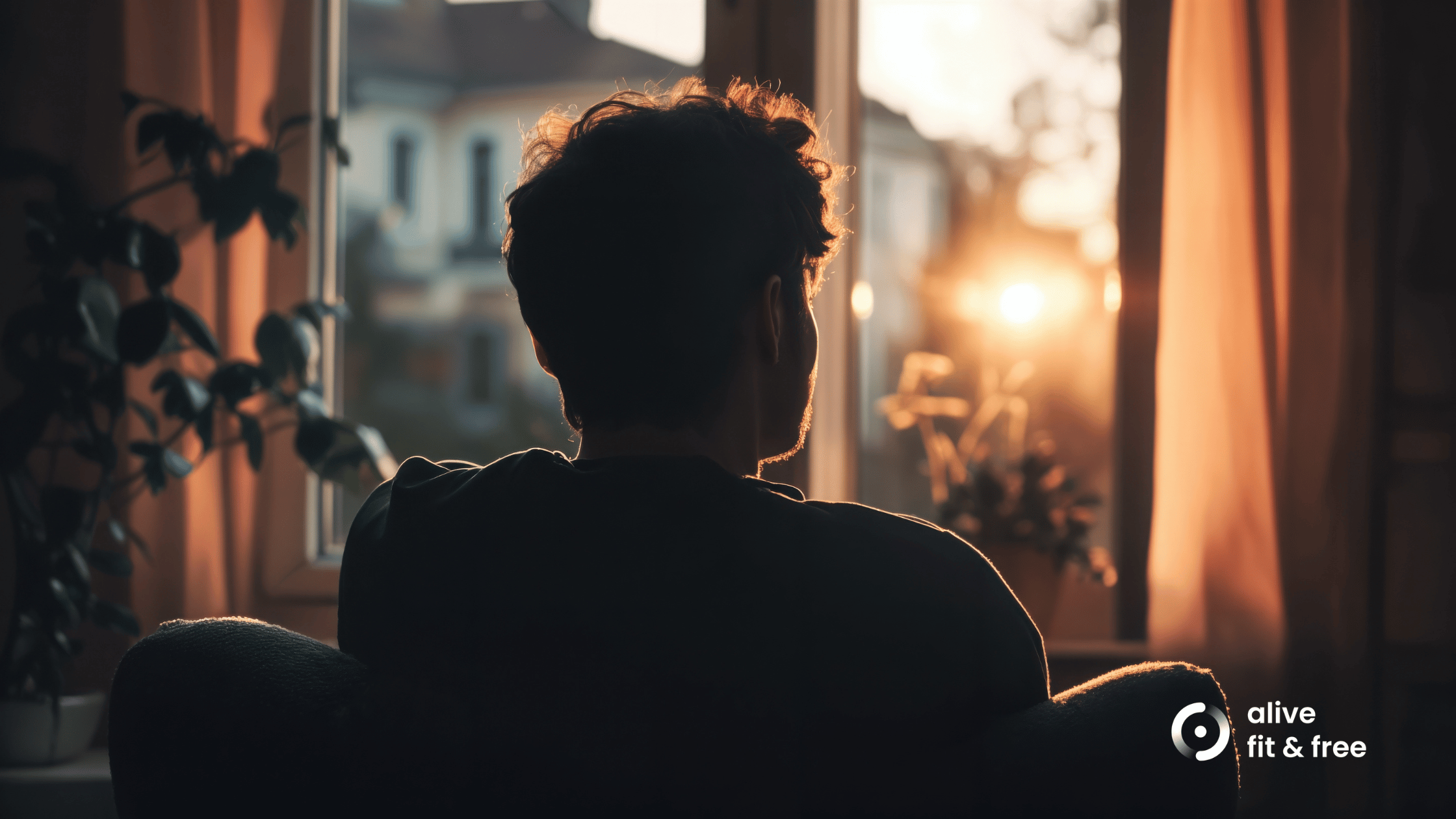As the clocks “fell back” this month, many of us enjoyed an extra hour of rest.
But the time change can do more than shift our schedules!
The adjustment to shorter days and darker evenings can influence our energy, mood, and sleep.
A Quick Look Back

Daylight saving time began during World War I as a way to conserve energy by using more natural light in the evenings.
While most of the U.S. still follows the practice, a few states — like Arizona — keep their clocks steady year-round.
How the Time Change Affects Sleep

Even gaining an hour can throw off our internal rhythm.
Our bodies rely on consistency, and that extra hour can lead to trouble falling asleep, waking earlier than usual, or feeling groggy during the day.
Seniors, who already experience natural changes in sleep patterns, may notice the shift even more.
The Ripple Effect on Health

The darker evenings can also affect mood and motivation. Less sunlight can lower energy and, for some, bring on seasonal mood changes.
Reduced daylight may also make it harder to stay active outdoors or increase fall risks when visibility is low.
Even simple routines like mealtimes or exercise can feel a bit “off” until your body adjusts.
Finding Your New Rhythm
.png)
To help your body adapt, focus on gentle routines. Try to keep a regular sleep schedule, get morning sunlight, and stay lightly active during the day.
Small, consistent habits can make the transition smoother and keep your energy balanced as we head deeper into fall.
As the days grow shorter, remember that change takes time. So does adjustment.
Listen to your body, stay active, and let your routine find its natural rhythm again.
Embrace the season and move with it!
.png)




